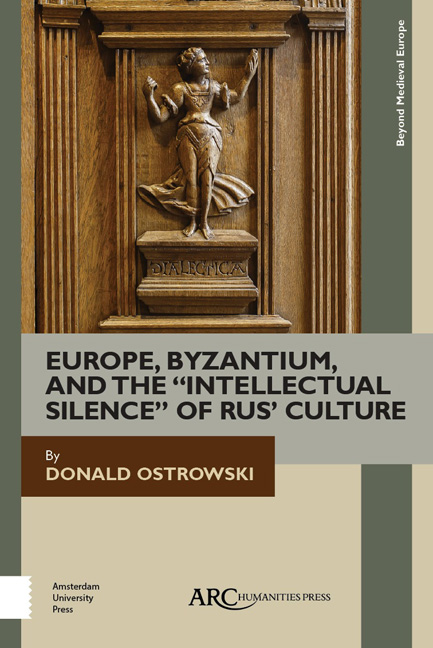Summary
My research on this topic began, although I did not realize it at the time, when I was working on my dissertation on the Moscow Church Council of 1503. One of the presumed attendees at the Council was the Russian Hesychastic monk Nil Sorskii. It was important for me to understand the context within which Nil was writing— not just the religious– political context of late fifteenth– early sixteenth-century Muscovy, but the theological context of 1,500 years of Christian intellectual culture. The question I sought to answer was why Eastern Church writers show no interest in analytical reasoning and even an open hostility towards it, while Western Church writers, by the time of the Scholastics, matter-of-factly incorporated analytical reasoning into their defences of the faith. My working hypothesis at the beginning of this study was that we have to look to the third century, when the Roman Empire was splitting into Eastern and Western halves and Christian thinkers were synthesizing Greek idealist philosophy with Christian teachings. In particular, the amalgamation of pagan Neoplatonism with Christian theology occurred in slightly different ways in those areas that came to be dominated by the Western Church and the Eastern Church respectively.
In Western Christendom, Porphyry's Isagoge turned out to be the standard introduction to dialectic within the trivium, and it raised the question of whether Aristotelian categories were the same as Platonic forms. In other words, could we know the divine by means of things of this world? Porphyry left the question unanswered. In Eastern Christendom, the Isagoge was known but did not have the same impact. And dialectic, as such, does not seem to have been taught in schools of the Byzantine Empire before the thirteenth century, or at least we do not have direct evidence for it. In part, this may be because Porphyry's works were suppressed more systematically (since he was an articulate opponent of Christianity) and, in part, because the views of John of Damascus and others, who dismissed the value of teaching about this world, held sway. The particular synthesis of Neoplatonism with Christianity in the Eastern Roman Empire did not allow an opening for Aristotelian categories or dialectic.
- Type
- Chapter
- Information
- Publisher: Amsterdam University PressPrint publication year: 2018



